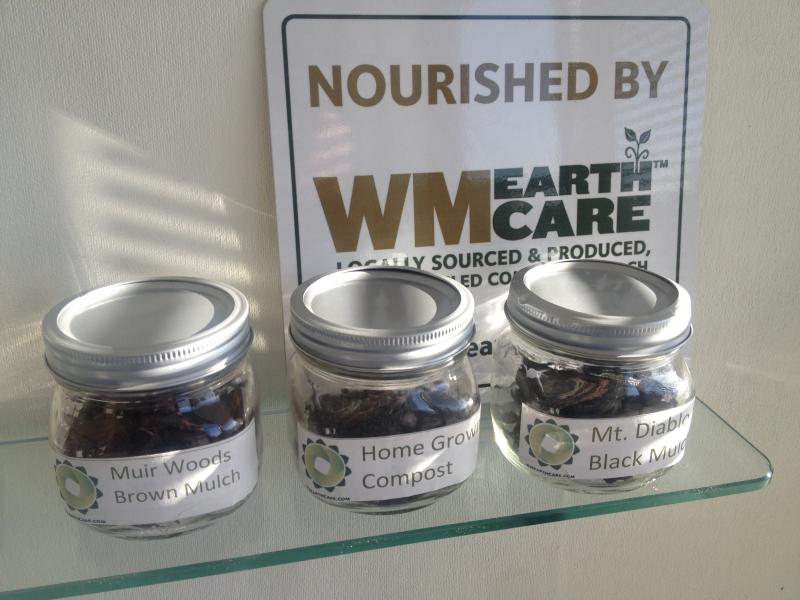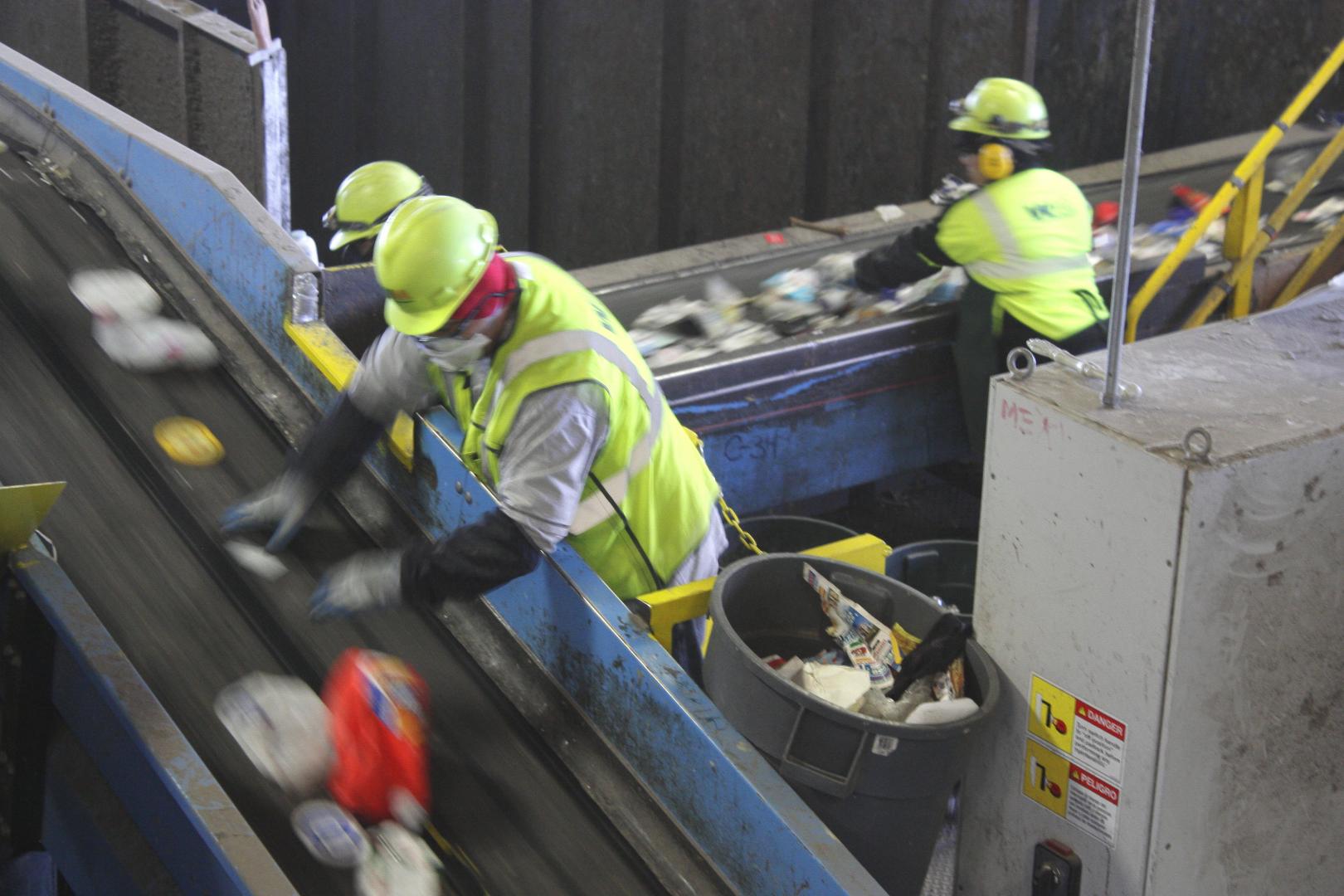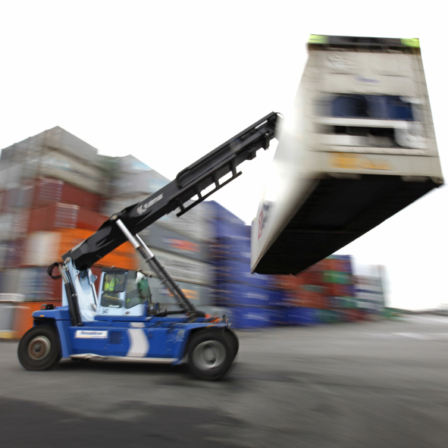The big message from San Francisco Cleantech Forum, by Jyri Arponen, Sitra
That perfect idea of less bad not being good enough was presented in March by William McDonough at the Global Cleantech Forum in San Francisco. William McDonough is a global guru for creating lasting change in eco design and in reforming industrial processes. For example, the Cradle to Cradle manifesto was mainly his creation. McDonough stresses that a turnaround in industrial thinking is necessary. We need to move from simple management dominance to real leadership. Instead of asking what we are doing, we should ask how we are doing it. He simply proposes that we need to focus much more on creating a positive footprint for future generations.
The dominance of management in conducting businesses has in his words led to the planned obsolescence where real issues are masked under the terms of pollution and sustainability. These are the terms of the twentieth century, he said. In the twenty-first century, the focus should be on “design for ten billion humans”. This means a fundamental change in the way we live and produce. In industrial production it brings the need to optimise positive impact and minimise negative impact. In other words, “be more good, not less bad“.
William McDonough recently wrote a book with Michael Braungart. The Upcycle: Beyond Sustainability – Designing for Abundance goes one step beyond the theory behind Cradle to Cradle: Rather than continuously reusing materials in a closed-loop system as proposed in the first book, The Upcycle suggests that humans can have a net positive effect. The authors ask us not only to create products that will be useful for what they were designed for, but also how we can design them to be useful again and again. McDonough and Braungart are completely eliminating the word ‘waste’ from our vocabulary.
This is actually starting to be the case in Finland as well, but so far only in regard to some residuals. This should become a much stronger trend and the leading idea in the use of resources. In other words, waste should be seen as a resource instead of just waste. McDonough and Braungart want a world of design, production and consumption that won’t produce any waste. That is a much higher goal than just reusing waste – the vision towards which the EU 2020 strategy is currently heading. However, it is a good point to start with, as we cannot make the change overnight. We really need to understand that taking one step is not enough. We have to aim higher.
The Guardian wrote about The Upcycle: “They have a way of thinking outside of the box that is vastly different than just being creative; it’s as though they ignore the box completely. The authors do not look for solutions to problems, they eliminate problems so solutions are no longer needed”.
This all sounds very simple. But when you really slow down and think more deeply, you understand that a big turnaround in the ways we handle waste is inevitable. Once you have understood this, you begin to see the world filled with opportunities and demands for new types of enabling businesses.
This is actually what I believe to be the real outcome of industrial symbiosis. In the first stage, it’s about finding a partner to work with and figuring out the resource efficiency of residuals and side flows. By doing so, you really start to redesign not only your processes but also your business idea and revenue model. The outcome of that can become a revolutionary concept on a global scale.
Another wisdom William McDonough shared with us in San Francisco, was reframing the slogan “think global, act local” to “think galactically and act molecularly”. We are in a situation where we really need out-of-the-box thinking without constraints, to the extent that even the sky should not be the limit. However, the implementation of new ideas has to be very precise and concrete in order to make them work.
This applies to our cleantech industries, both in resource efficiency and global market position. It is often taken for granted that we can automatically take our share of the growing global cleantech market without any accurate verification of the precise market in question. In addition, we don’t have a systemic way of doing business that is beyond “business as usual”.
But we do have hope. The change is accelerating in Finnish companies. I see that every day in meetings and workshops with different enterprises. Both rising stars and cash cows are seeking sustainable out-of-the-box solutions. It is our operational environment which still contains defenders of the silos; and those are the biggest obstacles of the change we need to head towards.
This is why the main task of our industrial symbiosis is to offer an independent platform to connect companies across sectors. Company-driven concepts and ideas are the best tools to tear down these silos and launch them beyond our Galaxy.

Recycling contributes to added value. Photo by Jyri Arponen.




Recommended